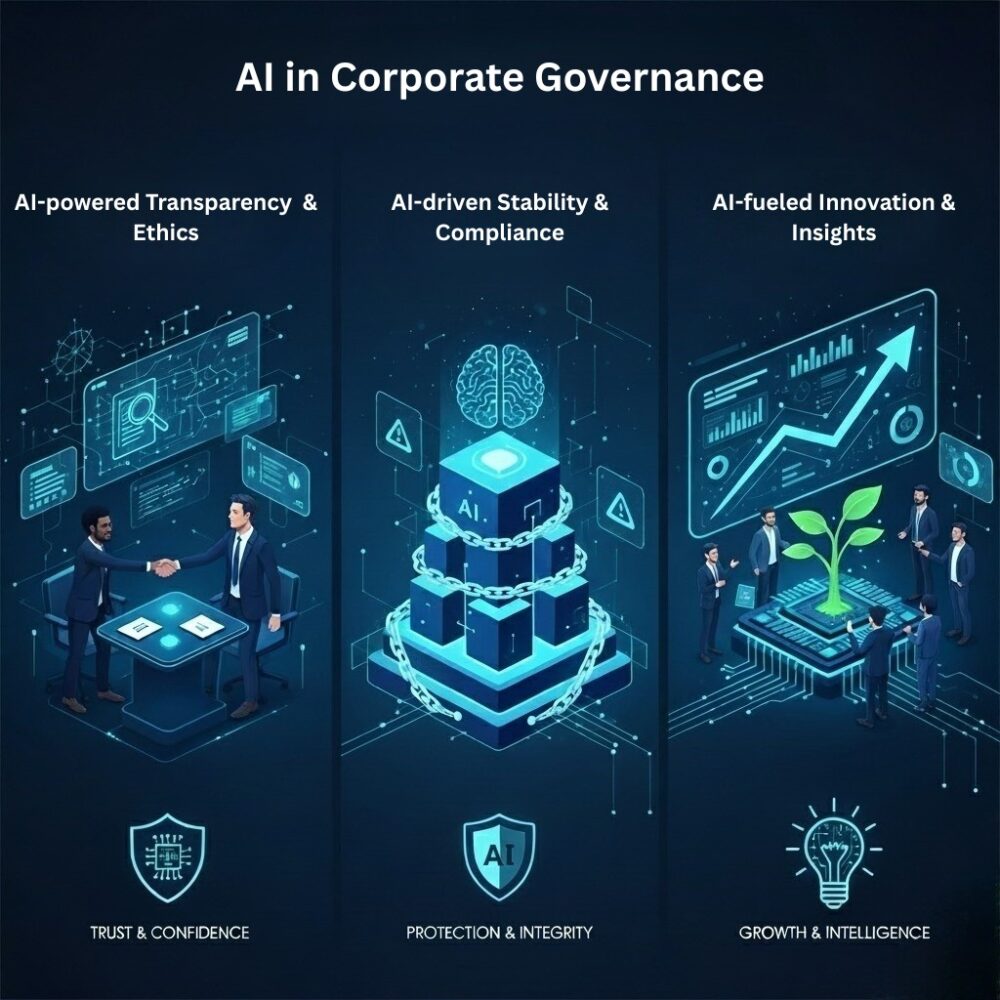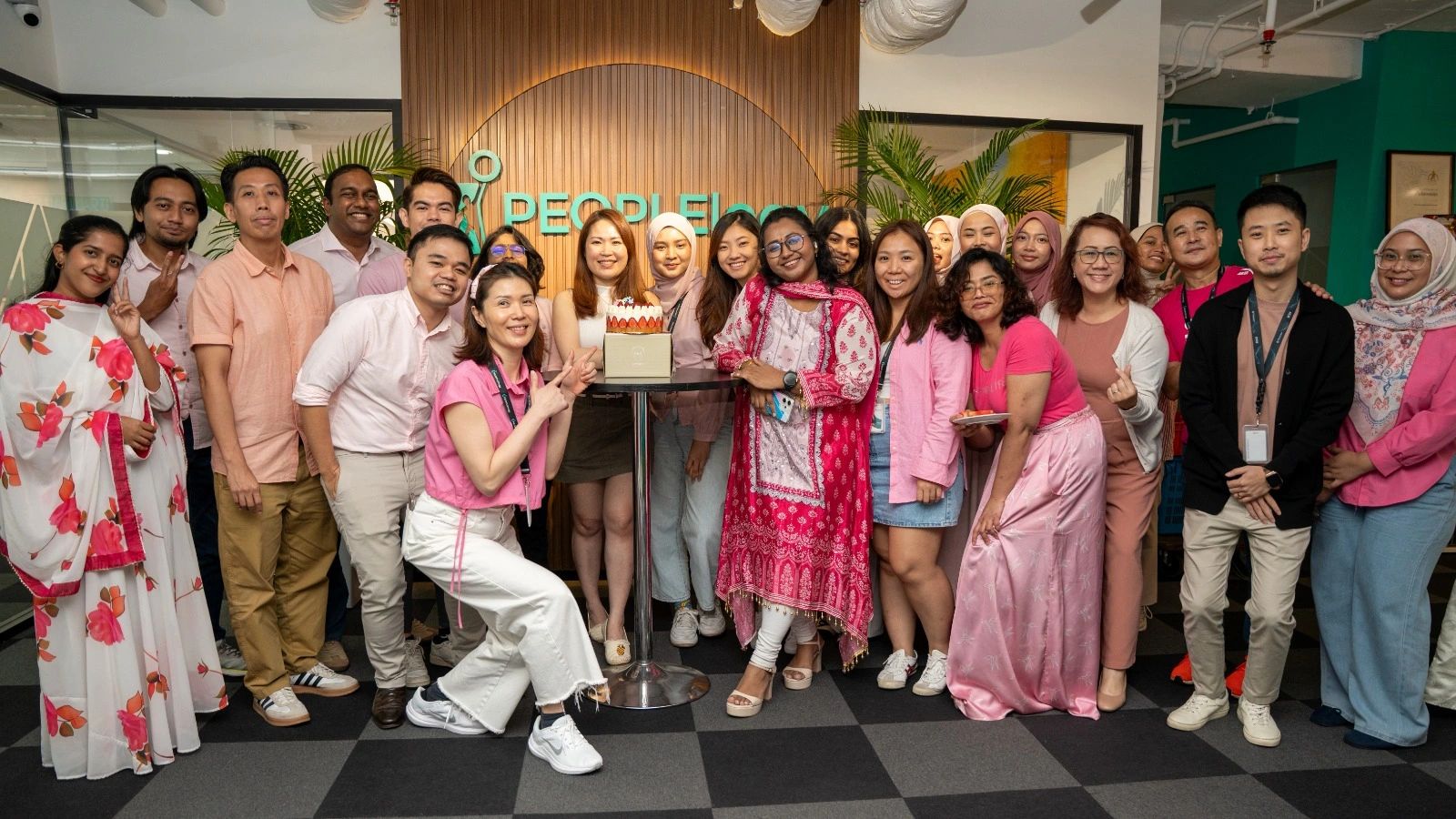In recent years, some organisations have taken drastic measures to improve their organisational efficiency. This also comes at the expense of their workforce, as downsizing takes precedence over employees’ job security. The question remains, how can the current and future generations future proof themselves to ride the waves of the AI takeover?
With automation and AI bringing about cost and time-saving benefits, this also means less organisational expenditure on manpower. The fear of job loss echoes across continents, beyond Silicon Valley and tech giant companies.
Among the organisations that felt the brunt of massive layoffs the most include Microsoft, whom announced its decision to cut 4% of its workforce, or 9,000 jobs. As of May 2025, 6,000 jobs from the multinational organisation have been cut. Earlier this year, Meta laid off 3,600 people – about 5% of its staff due to performance-based termination. Intel also planned to cut more than 20% of its staff as part of a movement to streamline management and rebuild an engineering-driven culture.
That said, not all job loss are due to AI and forced layoffs.
Last month, the US National Aeronautics and Space Administration (NASA) revealed that it planned to slash nearly 20% of its workforce, or 3,870 jobs, due to a voluntary resignation programme and other attrition efforts to streamline the agency. While NASA aims to reduce operational costs, streamline operations, and prioritise safety, there is a growing concern that mission readiness and knowledge are compromised.
What Could The Future Spell For Those Not Ready For AI?
According to the 2025 People Readiness Report by Kyndryl, about 7 in 10 leaders who participated in a survey claimed that their workforce weren’t ready to successfully leverage AI tools, and over half of the respondents expressed that their organisation lack the necessary skills to manage AI.
Even more alarming from the findings of the report that surveyed over 1,000 senior business and technology executives, only 14% have aligned their workforce, technology, and growth goals, despite 95% of these organisations having invested in AI. Another concerning finding is that 45% of CEOs surveyed in the Kyndryl report revealed that their workforce are resistant or even openly hostile to AI.
Organisations that remain resistant to change could be the first to falter in the age of AI. The competitive landscape is shifting dramatically, rewarding efficiency and innovation powered by AI. While implementation of AI-based processes are becoming more widespread, there is still a wide skills gap between the skills of the current workforce and what is required for the future of work.
If you’re a talent looking to make your mark in an increasingly AI-driven world,, there is still time to implement changes to prepare yourself for the future of work.
Here are five ways you can future proof yourself in the age of AI
1. Master Human-Centric Skills
While AI excels at data processing and repetitive tasks, it struggles with the nuanced and complex skills that are uniquely human. These are often referred to as “soft skills”, but in an AI-driven world, they are anything but soft; they are the foundation of human value.
Focus on developing your emotional intelligence, which includes empathy, communication, and the ability to build and maintain relationships. These skills are essential in leadership, team collaboration, client management, and any role that requires a deep understanding of human needs and motivations.
AI can generate a perfect report, but it can’t inspire a team, negotiate a complex deal, or comfort a dissatisfied customer.
2. Become a Creative and Critical Thinker
AI models are trained to acquire existing data. They also only generate outputs based on what they have learned from the past. True innovation and creative problem solving—the kind that breaks ground and challenges the status quo—are still firmly in the human domain.
Sharpen your creativity by engaging in activities that require original thought, whether it’s brainstorming new product ideas, designing marketing campaigns, or even pursuing a creative hobby. Similarly, hone your critical thinking skills.
As AI becomes more prevalent, the ability to question outputs, identify biases, and evaluate the ethical implications of AI-driven decisions will be invaluable. You will need to be the one to determine the “why” behind the data and to ensure the AI’s recommendations are not just efficient but also wise.
3. Embrace Continuous Learning
The “learn once, work forever” model is a relic of the past. The pace of technological change means that the skills in demand today may be obsolete in just a few years. In fact, the half-life of technological skills nowadays is said to be around 2.5 years.
To future proof yourself, you must adopt a mindset of continuous learning. Dedicate time each week to upskilling and reskilling. This doesn’t always mean going back to school. There are countless online courses, workshops, and certifications available on platforms like Coursera, LinkedIn Learning, and Udemy.
Stay informed about the latest trends in your industry and actively seek out new technologies that can enhance your work. Remember, it’s not about competing with AI, but about collaborating with it to amplify your potential. The person who knows how to best use the new tools will always have an edge.
4. Develop AI and Data Literacy
You do not have to be a data scientist or machine learning engineer to stay relevant in the age of AI, but it is highly encouraged that you understand how these technologies work. Gaining a foundational understanding of AI and data will allow you to interact with AI tools more effectively and strategically.
Learn the basics of data analysis and how to interpret data to make informed decisions. Familiarise yourself with AI-powered tools relevant to your field, such as generative AI for content creation, data visualisation tools, or project management software with AI integrations.
The ability to use these tools to automate routine tasks will free up your time to focus on more strategic, creative, and human-centric work.
5. Build Your Personal Brand and Network
In a global, AI-driven job market, your personal brand and professional network are more important than ever. Your online presence is your live portfolio, showcasing not only what you’ve done but also how you think and how you’re adapting to change.
Use platforms like LinkedIn to share your insights, write articles, and engage with industry leaders. This demonstrates your growth mindset and establishes you as a thought leader. Furthermore, building a strong network of human connections is a skill AI can never replicate.
Professional relationships are built on trust, shared experiences, and mutual support—elements that are fundamentally human. Your network can provide opportunities, mentorship, and a community of peers to help you navigate the ever-evolving professional landscape.
Work With A People Development Provider to Future-Proof Your Career
In the face of an AI-driven future, the key to success isn’t competing with machines but collaborating with them.
By sharpening your human-centric skills and adopting a mindset of continuous learning, you can future-proof your career. The age of AI is a call to action, demanding that we evolve our skillsets to remain agile and valuable.
Get in touch with a people development provider today to help you navigate this transition. They offer specialised, in-demand professional certifications that will empower you to thrive in a digitally-driven workforce and secure your place in this new age economy.





